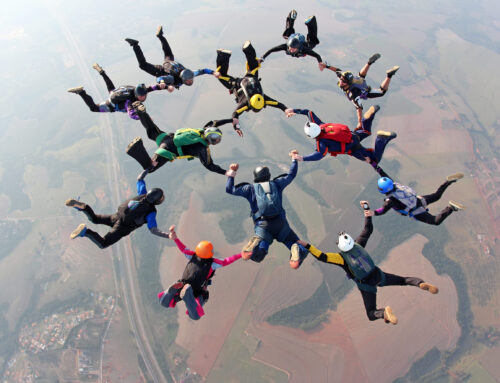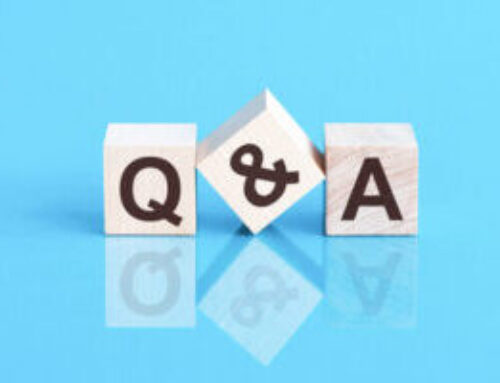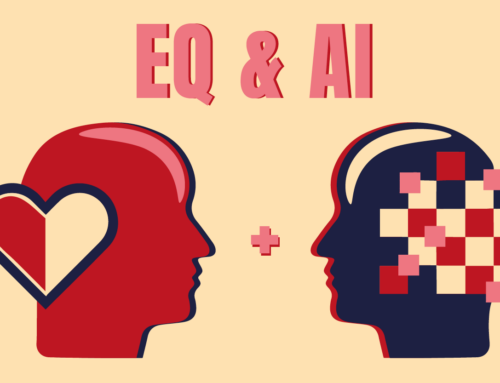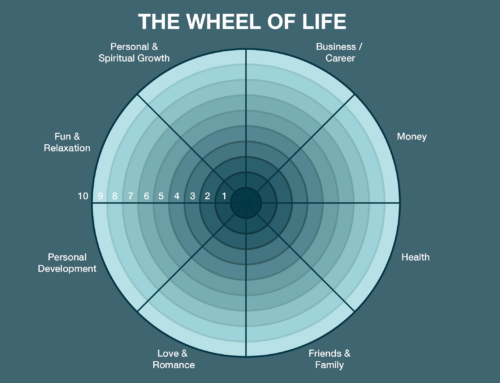Whether we like it or not, human beings are hard wired to make snap judgements. The human brain instinctively categorises people to make sense of the world. This unconscious bias can be based on appearance, age, gender, skin colour and social status to name but a few. It’s these deeply engrained preconceptions and prejudices, formed from our upbringing and experiences, that can affect our behaviour and lead to discrimination.
The key to breaking this bias is to harness your Emotional intelligence (EQ) – the ability to recognise and manage your own emotions and those of others. By developing the following EQ Skills, you can take practical steps to #breakthebias and forge a world based on inclusiveness and equality instead.
Self-awareness
Start by accepting that almost everyone has unconscious bias, then ask yourself what yours may be. What assumptions have you made about other people without a second thought? What has influenced your decision-making? How do you react to different types of people? Be brave and hold up a mirror – it can be uncomfortable at first. It’s only by taking the time to know yourself and recognise your own unconscious bias that you can begin to change your behaviour.
Self-control
Once you’ve become aware of your unconscious bias, you need to draw on your self-control to help regulate your emotions. This can be easier said than done. According to research, your brain can process approximately 11 million pieces of information per second unconsciously compared to 40 pieces per second consciously. It’s therefore not surprising that we rely on mental shortcuts. The secret to avoiding knee-jerk reactions is to manage your impulsive thoughts by taking deep breaths and slowing down your decision making.
Empathy
The ability to put yourself in other people’s shoes lies at the heart of breaking the bias. Take the time to actively listening to other people so you can read beyond the words and understand what really makes them tick. It is only by seeing things from other people’s perspective that we can hope to find common ground and become more inclusive.
Straightforwardness
This is about communicating your thoughts and feelings in a straightforward manner. You need to have the courage of your convictions and say what needs to be said. As this year’s International Women’s Day Campaign clearly shows, it’s only by having open and honest debate that we can hope to change behaviour and #breakthebias.
Adaptability
Finally, it takes adaptability to recognise you own bias, adopt different ways of thinking and change your behaviour. It’s about being open-minded and reacting positively to new ideas. By adopting a growth mindset and accepting none of us are the finished article, we can continue to keep learning and move a step closer to ridding the world of bias.
What are your experiences of breaking the bias – both good and bad? We’d love to hear about your experiences.



